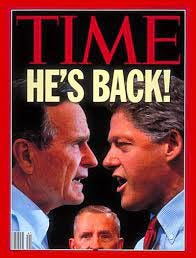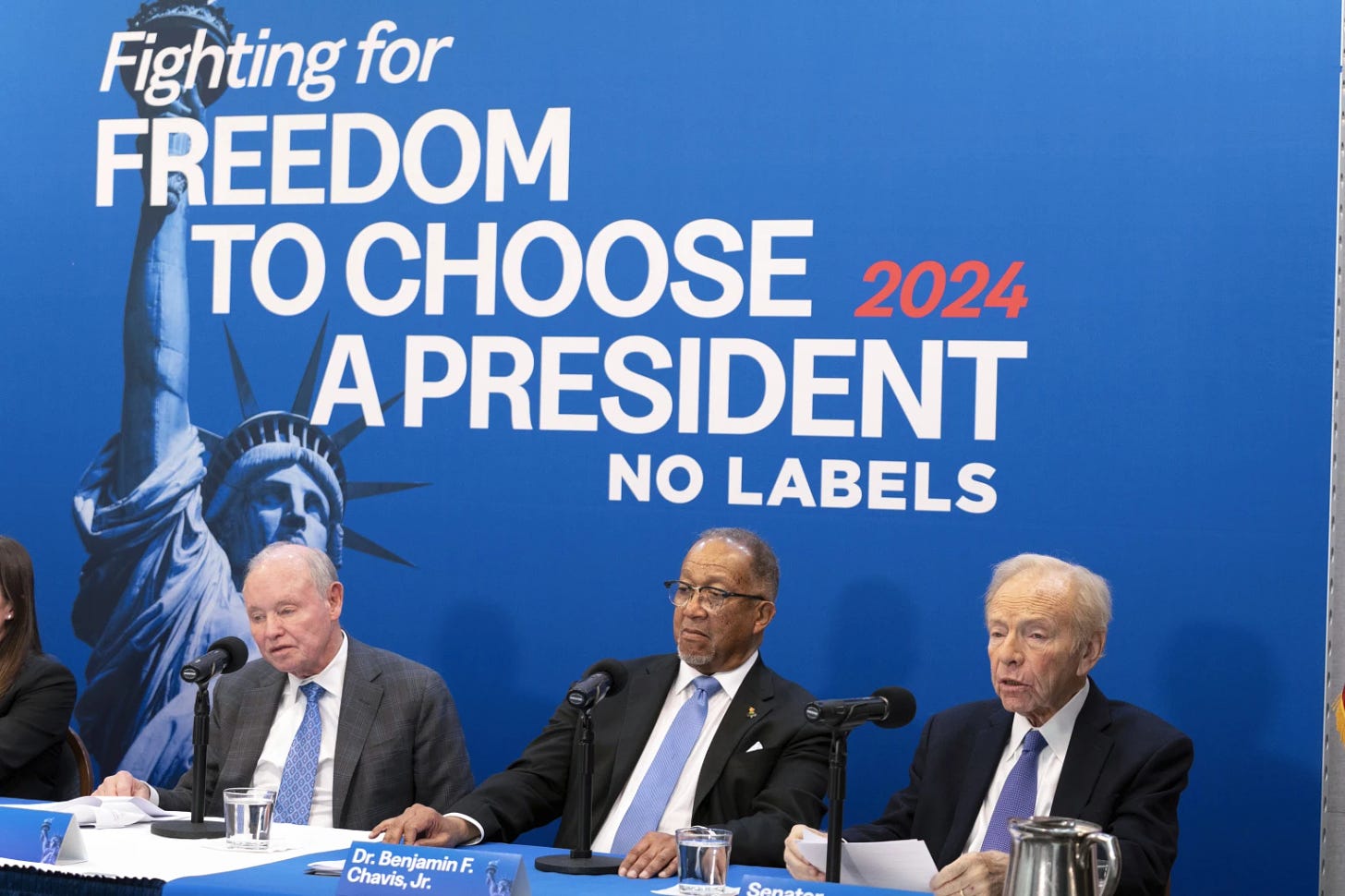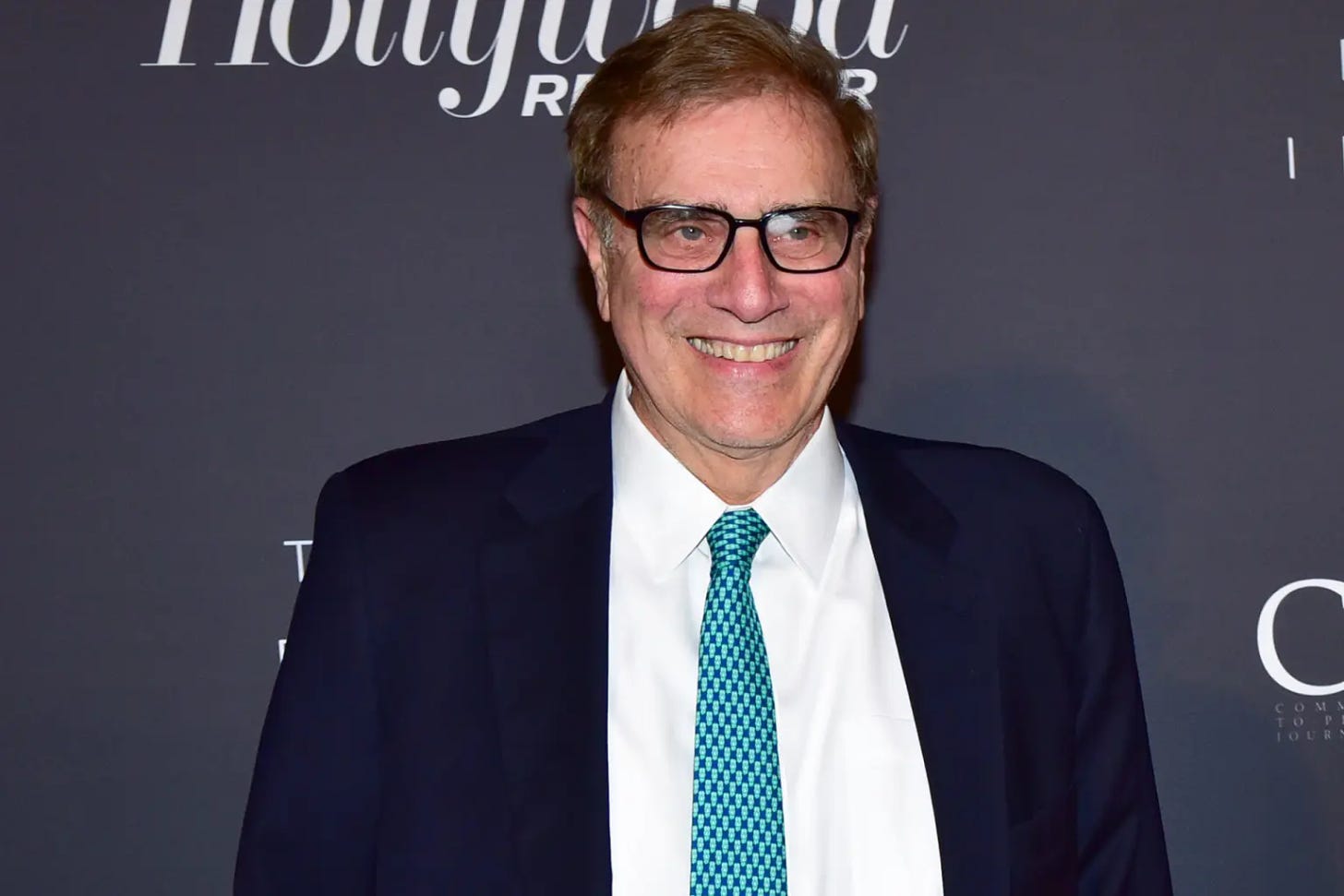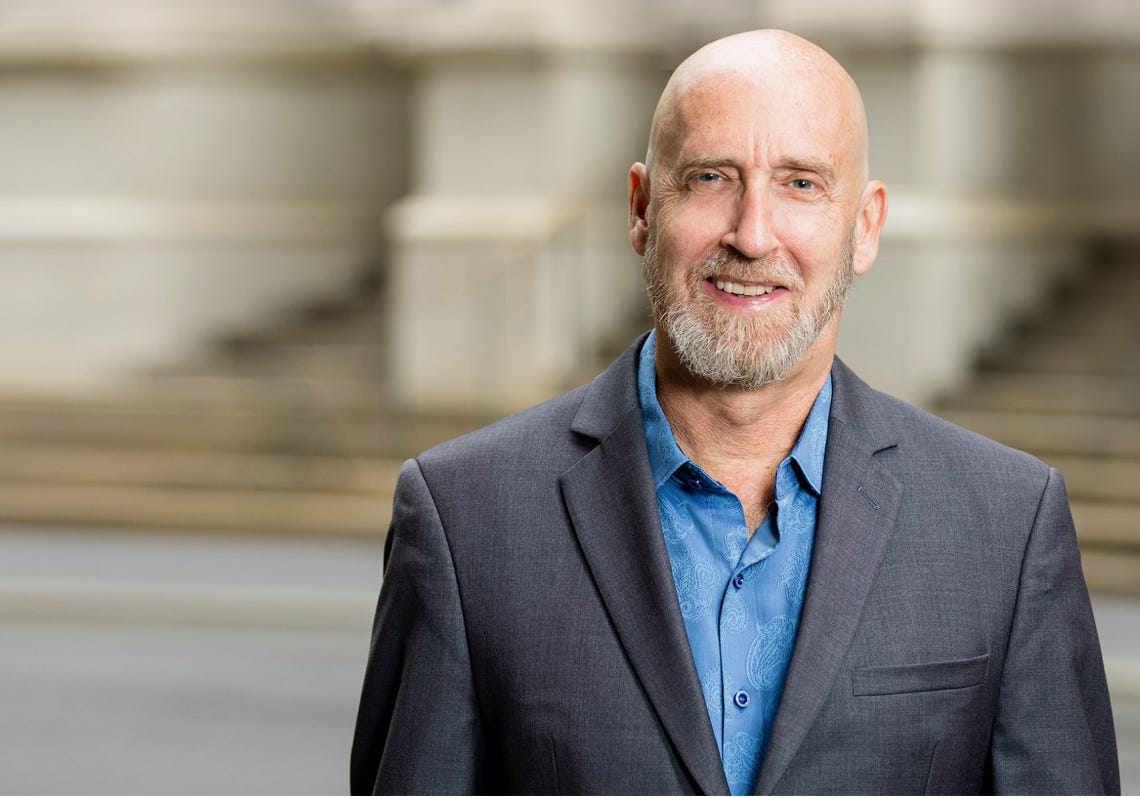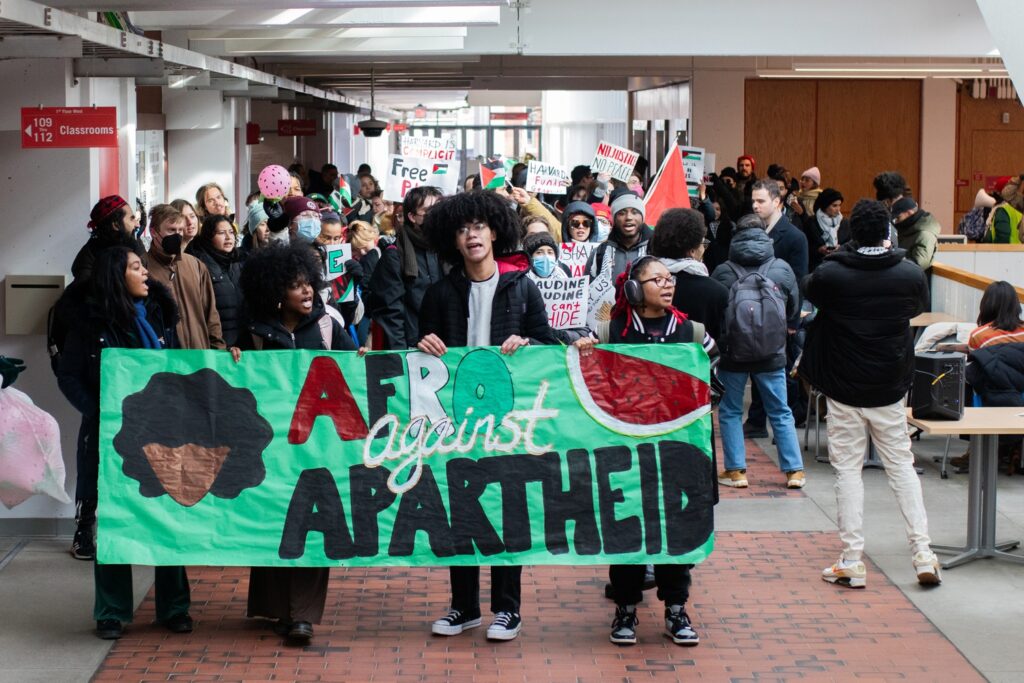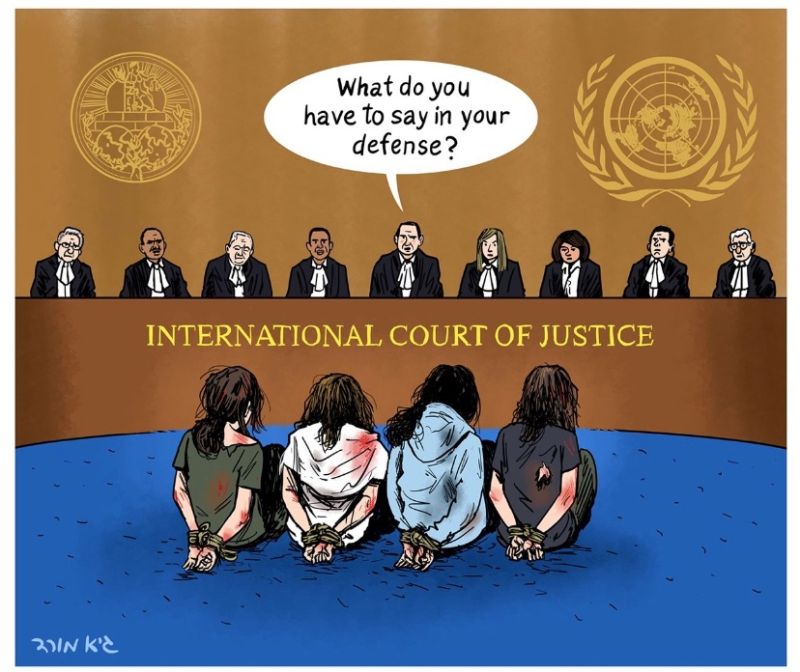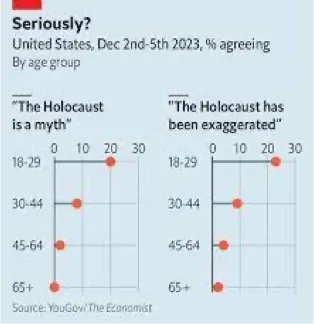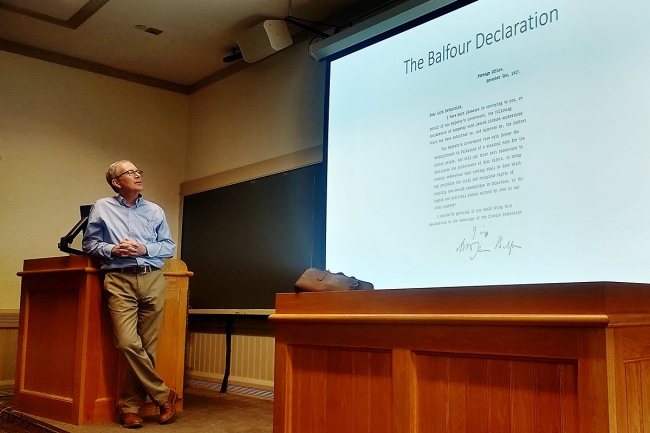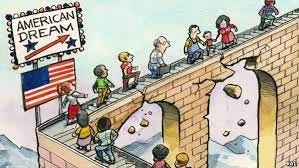Could a real third-party candidate mean a Trump victory?
History repeats itself, first as tragedy, second as farce – or so goes the saying attributed to Karl Marx. This year we may see a sorry mixture of both, if a credible third-party candidate arises to threaten to do what one arguably did 32 years ago, that is to unseat an unpopular incumbent president.
A friend, a committed Republican of the old-school sort, wrote me recently to say she has become an elected officer of the No Labels party in Maryland. “No Labels is likely to put forth a Unity presidential ticket that will work to deliver commonsense solutions to this country’s many problems,” she wrote. “It is my hope that we can all commit to working together for the greater good, while celebrating the differences that enrich us all.”
What is troubling is that if No Labels launches a serious contender and gains traction, he or she may do what H. Ross Perot did in 1992. The billionaire outsider’s third-party candidacy garnered just under 19% of the popular vote back then, the largest share of the vote for a third-party contender since an election in 1912. While Perot didn’t grab a single Electoral College vote, he served as the spoiler who helped to oust President George H.W. Bush and install William J. Clinton in the White House.
“Dissatisfied voters of all stripes flocked to his call, creating one of the most powerful third-party movements in American history,” wrote Prof. Russell L. Riley of the UVA Miller Center. “Although Perot drew support from both Republicans and Democrats, he probably hurt Bush disproportionately more than Clinton, owing to his harsh attacks against the incumbent and the timing of both his departure and re-entry into the 1992 campaign.”
Could this happen again? Could President Biden be unhorsed by Donald J. Trump thanks to a third-party spoiler? Well, No Labels has gained access to the ballot in at least 13 states so far and is aiming for all 50. It doesn’t have a presidential candidate yet, but depending on how things go in the GOP primaries in coming months, it could land someone such as former South Carolina Gov. and presidential hopeful Nikki Haley to lead its ticket. Founding party chairman Joseph Lieberman said that she “would deserve serious consideration.”
While a campaign spokeswoman, responding to Lieberman’s mid-January comment, said Haley had no interest in No Labels, that was before her loss to Trump in New Hampshire. If she loses in her native South Carolina, as expected, on Feb. 24, her view could change, of course.
Haley has polled ahead of Biden in head-to-head matchups. In a recent Quinnipiac poll, for instance, the former governor tops the president by 47% to 42% in a two-person contest. By contrast, Biden tops Trump in a two-way race, 50% to 44%, making one wonder why a GOP in its right mind would stick with Trump instead of Haley. (Of course, the operative phrase in regard to the MAGA-dominated party is “in its right mind.”)
When one tosses in other independent candidates (Robert F. Kennedy Jr., Cornel West and Jill Stein), the results get murkier, according to Quinnipiac. Haley drops to 29%, but Biden also drops, to 36%. Of course, it’s not clear how many votes Haley might siphon off of Biden (or Trump) if she ran with No Labels in a three-way race, but Democrats fear she would do more damage to their man. As the Wall Street Journal reported in analyzing a couple polls last fall, “When voters are given options beyond Biden and Trump, the president tends to bleed the most support …”
Let’s look back to 1992 for some guidance, though. The erratic Perot quit the race in July 1992, but re-entered in October. That gave him just enough time to take part in three debates, where he impressed some voters with his phrase “giant sucking sound,” describing a feared loss of jobs to Mexico if the NAFTA treaty went into effect. At the end of the debates, his chances seemed so good that we at BusinessWeek had to prepare three cover stories in advance of election day, so we’d be ready for anything.
In the end, Clinton won, of course. But he took office with the support of substantially less than half the electorate, collecting just 43% of the vote to Bush’s 37.4% and Perot’s 18.9%. Clinton prevailed because he won in the states where it mattered, swamping Bush in the Electoral College vote – with 370 to Bush’s 168. The president carried only 18 conservative states, including Texas and Florida, both rich in Electoral College votes, but Perot gave them both a run for their money in a couple states, finishing second in Maine (which Clinton won) and Utah (which was Bush country).
Ironically, my friend now helping the No Labels group served in the Bush Administration that Clinton tossed out. She saw first-hand the scorching effect a third-party candidacy can have. As I described in a biography of the late Clayton Yeutter, who was a top adviser to Bush, despondency was widespread in the Bush ranks in mid-1992 and things didn’t get much better as Election Day neared. The president’s approval rating, according to Gallup, dipped to 29% that July and rebounded, but only to 34% soon before he lost the election.
As things stand today, Biden is in better shape than Bush was, but not by much (the Quinnipiac poll, notwithstanding). One can only imagine the depression afflicting his camp. Biden’s approval rating now stands at a disappointing 41%, according to Gallup, though it dropped to 37% last April, October and November. The numbers are reminiscent of those logged by one-term Jimmy Carter, who averaged a 37.4% approval rating in his third presidential year (Biden’s third-year average approval rating is just 39.8%).
Many things can happen between now and November, of course. No Labels, in fact, may not find a credible candidate, especially if Haley demurs or (as seems unlikely) wins enough primaries to be a viable GOP contender. Would Sen. Joe Manchin be a potent contender for the group? Also, Trump may finally be nailed on any number of criminal charges, which likely would erode his support outside of the MAGA diehards (and could force the GOP to seek an alternative). Trump could even be ruled off the ballot in some states, though his appointees to the Supreme Court would shock the world with such a decision.
One thing seems pretty certain, though: a successful third-party candidacy would be a pipe dream. While many Americans don’t like the idea of a Biden-Trump rerun, history suggests that a real third alternative would likely not get very far – but, troublingly, perhaps far enough to make for a repeat of 1992.

